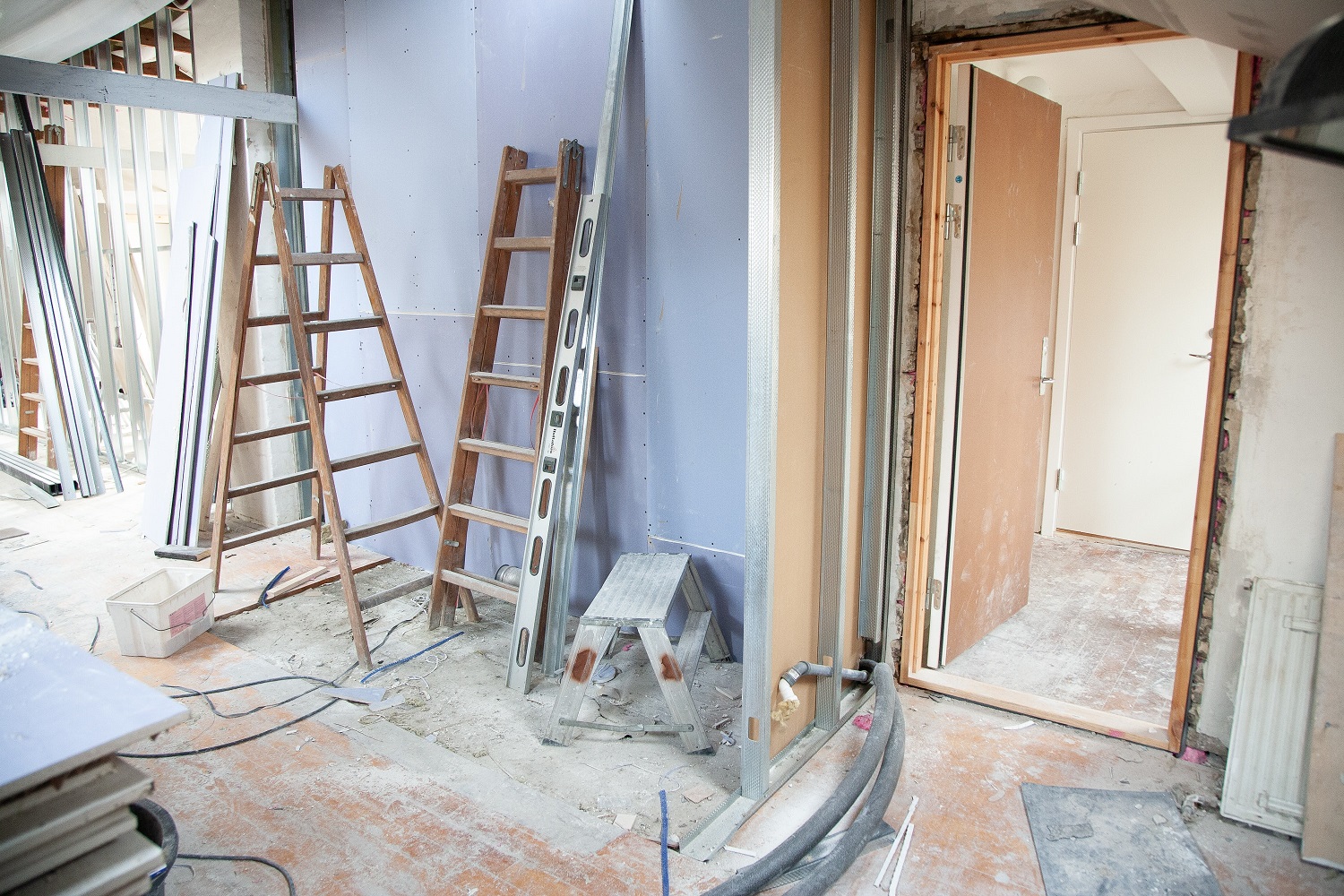Guide to Remortgaging to Finance a Home Renovation

Remortgaging your home is a great way to release equity and raise finance for those home improvement jobs you've always wanted to do.
Before applying, it's vital to work out how much equity you have in your property and ensure sufficient capacity to borrow the funds required for the renovation you have in mind.
In today's article, the Revolution Brokers team explains a few of the key criteria for a home refurbishment remortgage and the factors a lender will consider when assessing your application.
For further information and help finding the best remortgage rates on the market, get in touch at 0330 304 3040 or email us via [email protected].
Remortgaging Options to Improve Your Home
If you'd like to remortgage for a home improvement project, you'll usually be able to, provided you have enough equity.
Some of the things to consider are:
- The nature of your renovation project - i.e. do you want to redecorate, completely remodel, or build an extension?
- Planning Permission or permitted development rules around your intended work.
- Whether the property is your current residence or an investment home.
Generally, remortgages are available on habitable properties - so those with a kitchen and bathroom, and secure from the elements.
While you can use mortgage borrowing to refinance a property you don't live in, you might need a slightly different product to renovate an uninhabitable residence.
The amount of equity is important since the lender will need to know how much you already owe, the total amount you want to borrow, and what your property is worth.
If you took out a mortgage for 80% of the home value a few years ago, and the residence is now worth, say, £20,000 more, you could borrow a higher value since your equity will have grown with the appreciation and repayments against the outstanding debt.
Home Improvement Loans vs Remortgage
Another option is to consider a loan to pay for the cost of home improvements. If you don't have sufficient equity, this might be a viable alternative.
Renovation work will typically add to the value of your property, so it might be possible to remortgage when the project is complete, based on a new valuation.
We'd recommend seeking advice if you plan to take out short-term borrowing with a plan to refinance, as it's essential to have a sound idea of the potential new value before going ahead.
However, choosing between a loan and a remortgage primarily depends on the circumstances and the amount you need to borrow.
Remortgaging is usually a better option if you need to borrow a more significant amount and want to find the lowest cost option in terms of interest rates.
Overall, a remortgage is usually the cheapest option since the interest rates on a secured mortgage are lower than you'll find on a short-term product such as a credit card or personal loan.
Most personal loans charge interest from about 3-4%, whereas remortgage rates can be much lower, so it's worth comparing the comparable costs before deciding.
Second charge loans are a third option, whereby you take out a loan secured on the property but separate from your primary mortgage.
This borrowing might be advisable if you cannot remortgage with your existing mortgage provider or don't wish to refinance a competitive product but have enough equity to use the property as security against a second borrowing stream.
Scenarios Where Remortgaging to Renovate Isn't Advised
In some situations, we might advise against remortgaging. For example:
- If you're in a fixed term with your mortgage lender, it might be prohibitively expensive to refinance before the period ends. Most deals have an early repayment charge that can be very costly.
- Where a remortgage would stretch your finances, or you already have a mortgage of say 90% of the property value, it's unlikely you have enough equity to remortgage. If successful, you might find it challenging to keep up with the higher repayments.
- As a short-term investment to renovate a home you expect to sell in a year or two, remortgaging can be risky. You're taking on more debt and gambling on the property market, so it's hugely advisable to seek independent advice.
There are also several schemes available to support homeowners with making green improvements to their properties.
We'd suggest looking into any available initiatives since you can often apply for grants from £5,000 up to £25,000 towards the cost of energy-efficient renovations.
Examples include replacing old glazing with triple glazing, improving your insulation, buying an eco-friendly boiler, or installing solar panels.
Please get in touch if you're looking to remortgage to finance energy improvement works. The Revolution team will advise on available programmes and lenders with specific remortgage products with competitive rates for green home improvement loans.
Related Posts
Ask the Expert
Mortgage Brokers


_7779.jpg)

